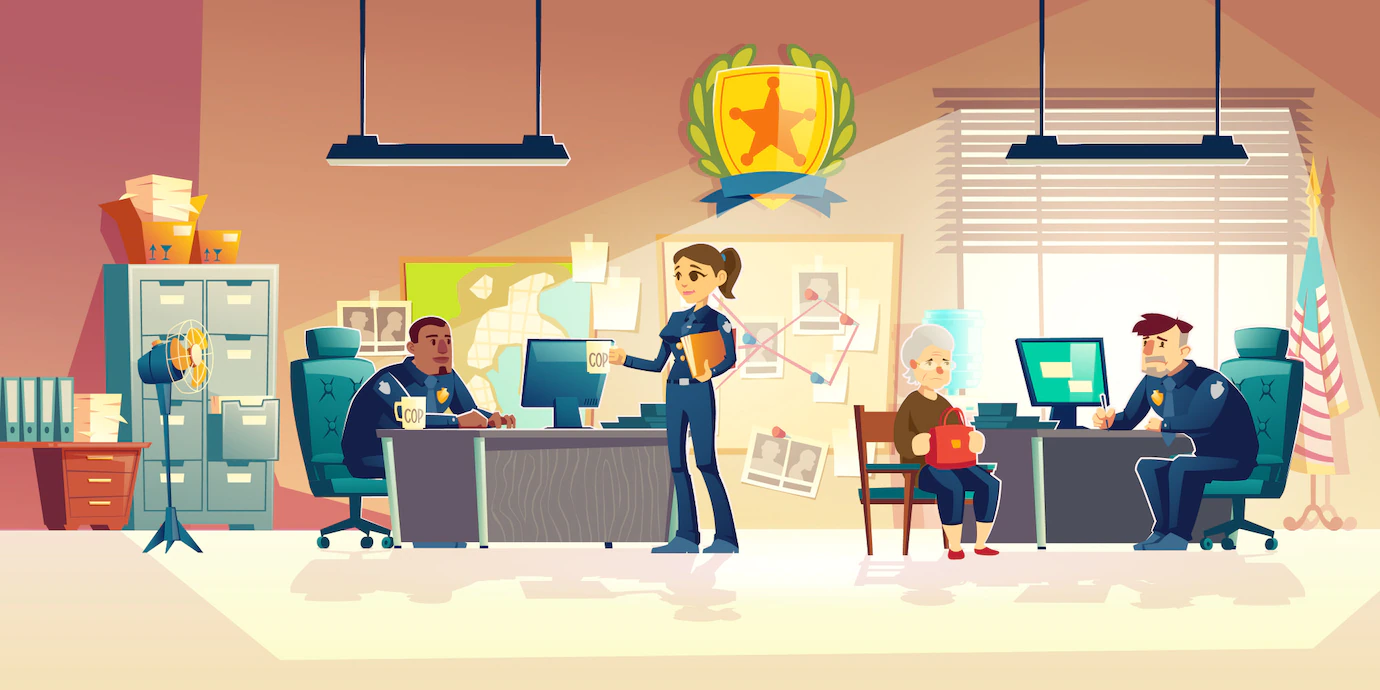

Sponsored Ads

Sponsored Ads

People can be detained by the police for various reasons. Some may panic and lead to a situation that is something worse.
Being detained by the police is quite stressful. It can feel like your world is turning upside down. It’s even worse if you’re being charged with a crime.
Thankfully, there’s a silver lining: the questions you ask in those early moments matter. They can shape the course of what happens next, and the more you know, the better equipped you are to protect yourself.
You have rights, but you need to know how to use them. So, let’s walk through the key questions you should ask if you’re ever in this position. We'll break down each one so you not only know what to ask but also why it’s important and what could happen if you don’t.
Do You Have a Warrant?
A warrant is important because if they don’t have one, they might not have legal grounds to arrest you or search your property. You might have seen in TV shows where people demand to see a warrant before letting officers in—that’s because it’s a lawyer of protection for you.
But the thing is that not all situations require a warrant. There are exceptions, like if the police believe there's immediate danger or if they witness a crime happening. Nonetheless, you have the right to ask for one all the same.
What happens if you don’t ask? Well, you might unknowingly give up your rights. For example, if they don’t have a warrant but you let them search anyway, you’re essentially saying it’s okay. And honestly, you don’t want to do that unless you're 100% sure there’s nothing to hide.
What are the Charges Against Me?
This one seems obvious, right? But in the heat of the moment, when you’re being handcuffed or questioned, it’s easy to forget to ask. Knowing exactly what you’re being charged with is key because it helps you figure out your next steps.
Asking “What are the charges against me?” forces the police to explain why they’re detaining or arresting you. It also gives you the information you need to pass on to your lawyer.
Not asking at that moment might make you miss out on crucial information that could help your defense later on. Plus, it gives the police more control over the situation when you're uncertain about what’s happening.
Am I Free to Leave?
This might be the most important question on this list. Just because the police are questioning you doesn’t always mean you’re under arrest. In some cases, they might just be gathering information, and you have the right to leave if you’re not being detained.
If the police say no, you’re not free to leave, then you know you’re officially being detained. This means they either have a reason to hold you or they’re arresting you.
On the flip side, if they say yes, you can go—then you know you’re not in custody, and you can walk away.
If you don’t ask, you might think you're required to stay and answer questions, even if you're not under arrest.
And if you give up information freely during this time, it can still be used against you later, even though you weren’t technically being detained. Asking this question draws a clear line.
May I Speak With My Lawyer?
The moment you ask for a lawyer, the police are supposed to stop questioning you. That’s your right, and it's one of the most powerful rights you have when you’re dealing with the police.
Once you say, “I want to speak with my lawyer,” the interrogation should pause until your attorney is present.
Why is this so important? Because anything you say before your lawyer arrives can be used against you. Even if you’re innocent, it’s easy to say something that can be twisted or misunderstood.
If you don’t ask for a lawyer, you’re basically on your own during questioning. You might think you're helping yourself by cooperating, but in reality, you could be making things worse.
The police are trained to gather information, and they’re very good at it. Without legal counsel, you’re at a disadvantage.
Sponsored Ads

Sponsored Ads

